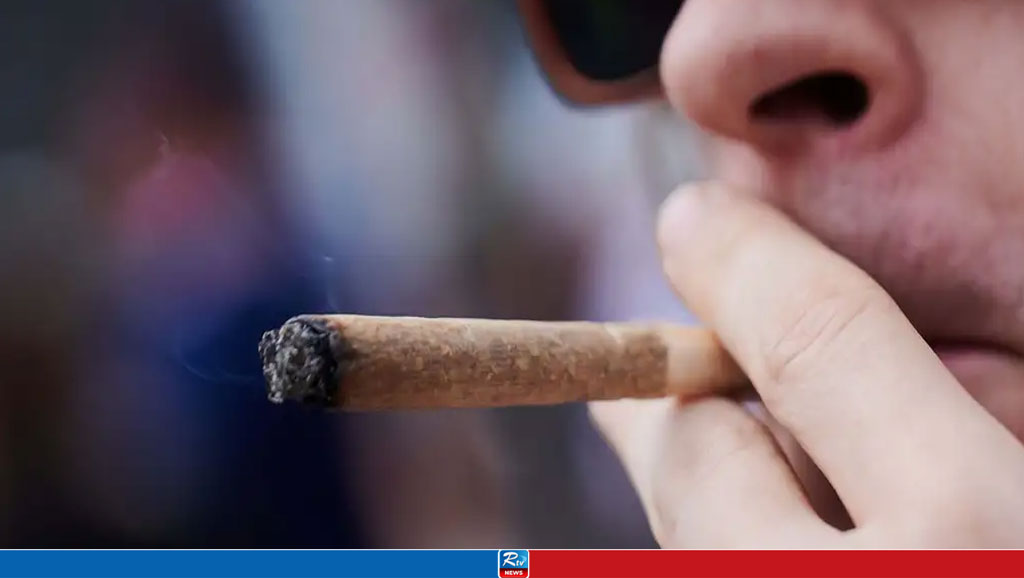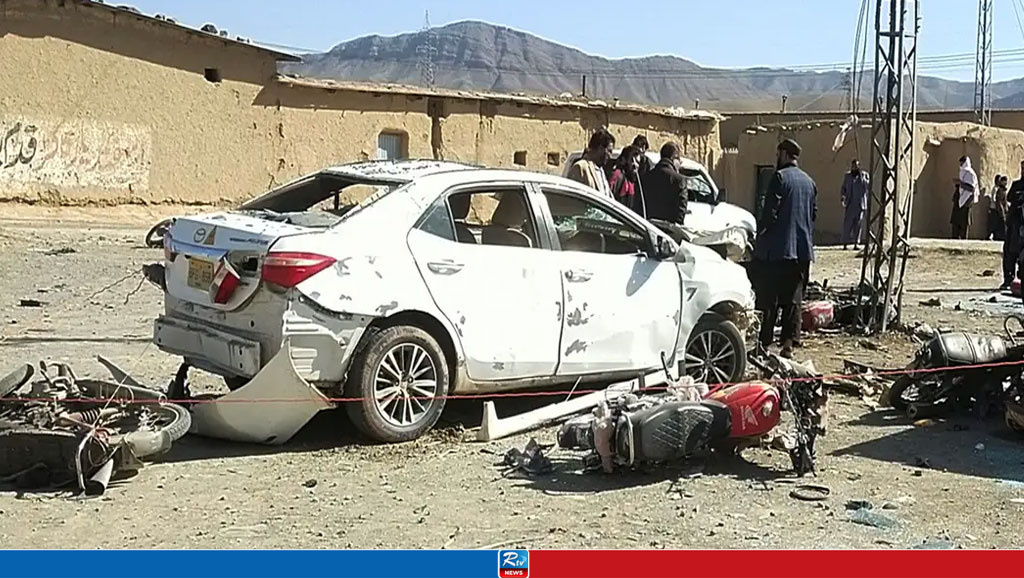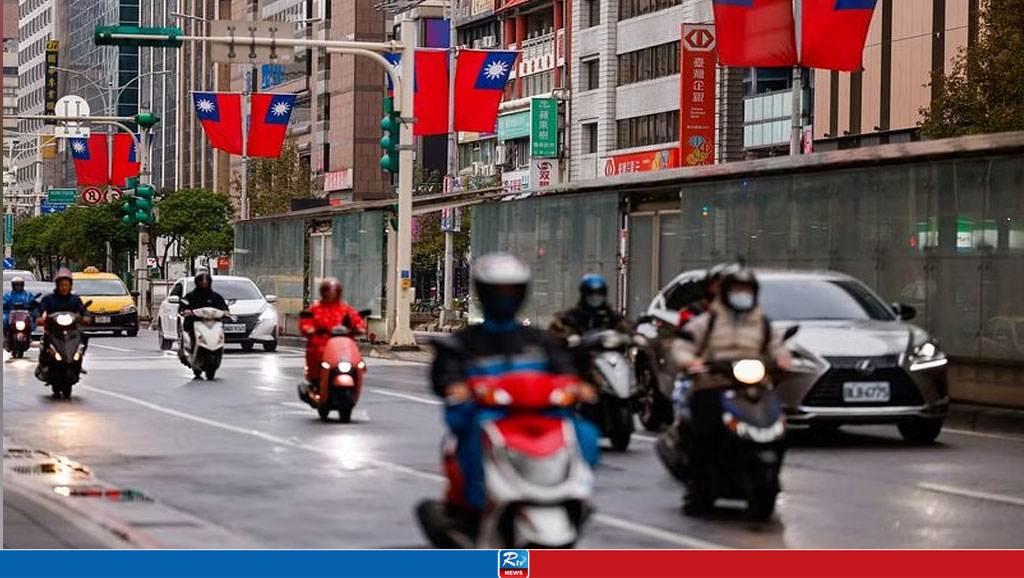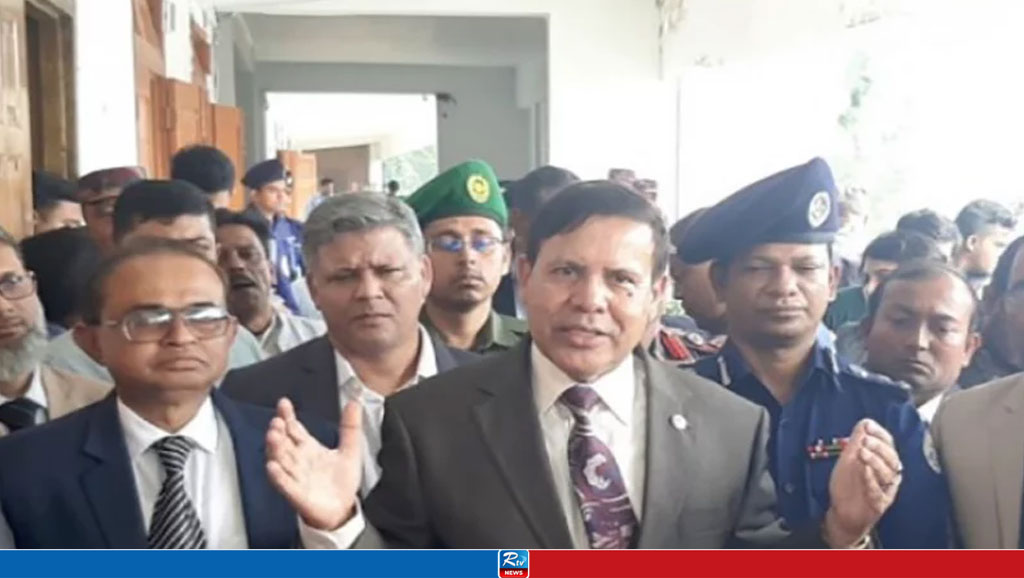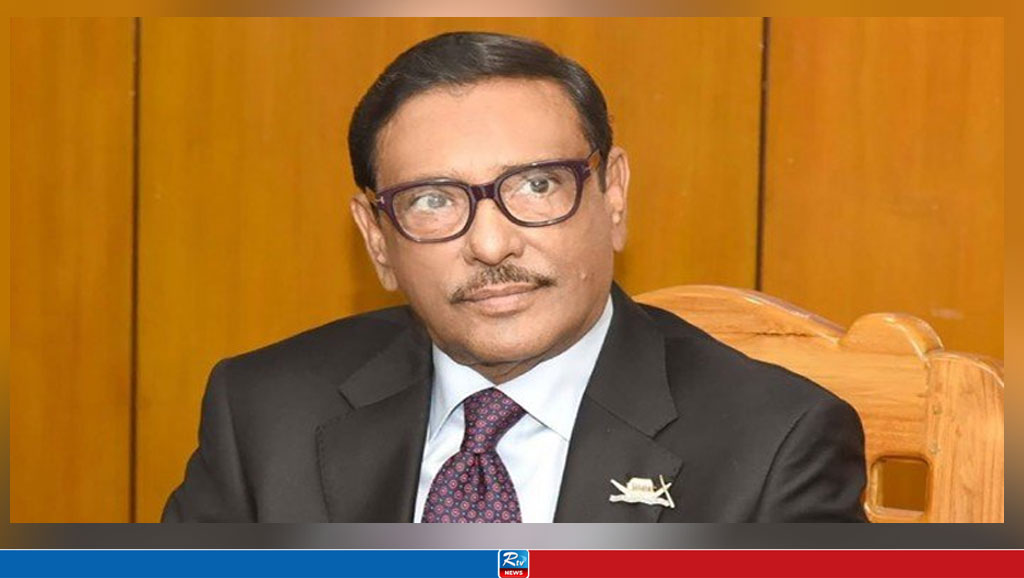PM Hasina to nation: Vote Awami League to power again
Awami League President Sheikh Hasina on Thursday made an impassioned appeal to the people to return her party to power for a straight fourth term by casting votes in Sunday’s general election.
“Today I’ve appeared before you to ask for votes in favour of the symbol, Boat,” she said in a televised address to the nation, her final campaign speech before the January 7 national election to form the country’s 12th parliament. The speech was aired at 7pm.
“The call has come, it’s time to take the road”, Sheikh Hasina said quoting from poet Sunkanta Bhattacharya’s poem, Udayachal (From the east).
In her over 24 minute speech, the prime minister said she is seeking another five-year term in office to make the development sustainable, work to improve people’s living standards and build a developed smart Bangladesh free from hunger and poverty.
Prime Minister Hasina said during her Awami League government’s three consecutive terms (2009-2023) the country has witnessed the continuation of a “democratic trend and stability” in the process of building a people’s welfare-oriented society based on “equality and justice.”
“If we can form the government again by getting your valuable votes we will be able to continue with the implementation of the programs taken by us,” she said adding that this will give “us an opportunity to further improve your living condition.”
Prime Minister Sheikh Hasina thanked the people of the country for allowing Awami League to serve them by voting for the Boat symbol in the past.
She also said whatever she has achieved in this long journey “would not have been possible without your support.”
“If I have made any mistakes along the way, my request to you is to look at the matter in the eyes of forgiveness. If I can form the government again, I will get a chance to correct the mistakes. Give me an opportunity to serve you by voting for the Boat symbol in the January 7 election,” she said.
She requested the people to keep confidence in her as she considers them as her family.
“Let's all make this Bangladesh a smart Sonar Bangla and fulfill the dream of Father of the Nation Bangabandhu Sheikh Mujibur Rahman,” she appealed to the people.
The prime minister urged all political parties and institutions that believe in democracy and the rule of law not to pamper and fuel any idiosyncratic ideas that will disrupt the constitutional process of the country.
The ruling party chief said that her party is expecting a free, fair and impartial election on Sunday.
In this connection, she said that this is the first time in Bangladesh that the Election Commission has been formed under a law passed by the parliament.
“The Election Commission has been given financial independence. The administration and law enforcement agencies are now placed under the Election Commission,” she said.
The prime minister also said that the Election Commissiom is conducting the election independently.
“Our government is giving all kinds of support to the Election Commission for conducting fair and peaceful elections,” she said.
She mentioned the Awami League is a party of the mass people and whenever it comes to power it ensures the economic and social development of the country.
The government has ensured food, safety, health services, housing, education, and employment to the people besides making massive infrastructure development, she said.
Talking about her party’s election manifesto, Hasina mentioned 12 priorities for the socio-economic development of the country.
These are:
1. To protect and promote the practice of democratic systems at all levels.
2. Making every effort to keep prices within the purchasing power of all.
3. Ensuring employability education and youth employment.
4. Building smart Bangladesh based on modern technology.
5. Mechanization of integrated agricultural systems with the aim of increasing production and taking measures to preserve the products.
6. Establishment of agricultural products and food processing industries.
7. To create employment opportunities by developing infrastructure and industries up to the village level.
8. To increase efficiency and capacity of the bank, insurance and financial sector.
9. Making health services affordable to low-income people.
10. To ensure individual and social security by including all in the universal pension system.
11. Making law enforcement agencies efficient in the use of modern technology and ensuring their accountability.
12. Elimination of communalism as well as all forms of terrorism and militancy.
Briefly describing the overall development of the country in the last 15 years, Prime Minister Sheikh Hasina said that the growth reached 7.25%, per capita income increased five times, budget size increased 12 times and the Annual Development Program increased 13 times, GDP size increased 12 times, foreign exchange reserve increased 36 times, export earnings increased five times, annual remittance increased six times, foreign investment increased six times.
Wages of workers increased nine times, foreign exchange reserve increased 36 times while export earnings increased five times, she noted.
She also mentioned that the poverty rate declined from 41.51%to 18.7% while the extreme poverty rate reduced by five times.
Drinking water coverage increased from 55% to 98.8%. Sanitary latrines increased from 43.28% to 97.32% Infant mortality decreased from 84 per thousand to 21. Maternal mortality decreased from 360 per 100,000 to 156. The average human lifespan is 72.8 years now.
The prime minister said that power generation capacity increased eight times in the last 15 years while the electricity consumption rate increased from 28% to 100%. Literacy rate increased to 76.8% while 22 times enhancement in technical education.
The grain production increased four times, she added.
She said that there is a huge difference between Bangladesh 15 years ago and today's Bangladesh. People's quality of life has improved. People today dream of a better life.
Turning to her foreign policy Prime Minister Sheikh Hasina said that Bangladesh wants peace and shuns war.
“We want an end to the wars in Palestine and Ukraine. We want an end to the ongoing genocide in Palestine. Bangladesh is always with the people of Palestine,” she said.
04 Jan 2024,20:45
















 Live Tv
Live Tv

